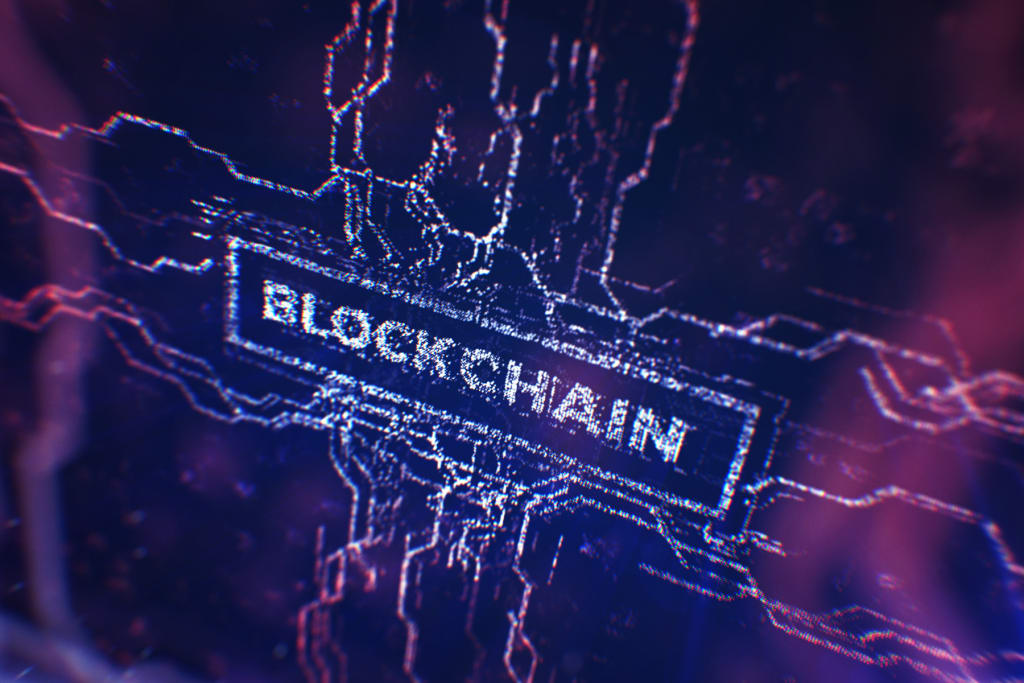Blockchain-Based ID Systems
Sovereignty, privacy, and innovation.

National identity is changing.
It is also splitting.
With every byte of data exchanged and every Web interaction, we are not moving toward a future.
We are shaping it.
My story is about a revolution. It promises to redefine identity. It will also redefine sovereignty and citizenship in the 21st century and beyond. It will do this with blockchain-based ID systems.
A place where your identity is not a piece of plastic in your wallet or a number you memorize. Instead, it's a secure, unchangeable record on a blockchain. Blockchain is famous for its strong security, transparency, and resistance to fraud. This isn't a distant utopia. Several nations are tiptoeing into this future. Others watch and are ready to leap into it.
My interest in understanding blockchain-based ID systems began out of curiosity and necessity. A few years ago, a bureaucratic nightmare turned my life into a Kafkaesque limbo. I questioned and lost my identity in a sea of paperwork and inefficiency. This ordeal led me to identify solutions where blockchain could fix many problems with our current systems.
At its core, blockchain is a decentralized ledger. It records transactions across many computers. Its magic is its ability to prevent changes to a recorded transaction. It does this without network agreement. This feature makes it an ideal foundation for secure, tamper-proof ID systems.
In Estonia, the future is now. The tiny Baltic nation is society's poster child. Its e-Residency program lets people from anywhere start businesses in the EU and manage them online. Estonia's ID system still needs to be blockchain-based. But its success lays the groundwork for other countries to use similar tech for national IDs.
The philosophical underpinning of blockchain-based ID systems is the empowerment of the individual. Our data is often at the mercy of corporations and governments. In this world, a blockchain ID system puts the keys to one's identity in the hands of the individual. This shift could bring new privacy and personal control. It is from centralized to decentralized.
But with great power comes great responsibility. The onus is on us, the users, to manage our identities. Phishing, social engineering, and other cyber attacks won't disappear. They will evolve. We must be ever-vigilant and educated on security.
Blockchain-based ID systems have significant implications. They go beyond personal sovereignty into global citizenship. In a world where people adopt these systems, they could make national borders less key. Without the current red tape, one could verify their identity. They could then travel, work, and live across borders.
This raises questions about citizenship. It concerns the rights and privileges it gives.
Could we see a future where identity is more important than nationality?
Could being a citizen of the Web be as important as holding a country's passport?
As with any tech advance, blockchain IDs are not a cure-all.
They have their shadows. Worries about privacy and the divide are valid, as are concerns about new forms of surveillance and control. Addressing them head-on is necessary. The system decentralizes the technology, which can protect against many abuses. However, it also needs solid laws and ethics. They make sure it serves humanity's best interests.
Blockchain-based ID systems are rising. They herald a new chapter for nomads and global citizens. Blockchain verifies your identity at this location. It lets you cross borders, access services, and join global democracy. And you're not tied to a single nation-state. This appealing vision offers a glimpse into the future. In it, our ties and gifts to the global community define us more than where we were born or live.
This new freedom also challenges traditional notions of nationality and belonging.
In a world where identity is fluid, and borders are less relevant, what does it mean to belong to a country?
How do we balance the rights of global citizens with their duties to the communities that anchor us?
We must face these questions. We are moving to a more digital world.
While blockchain-based ID systems promise national identity, they also create a global divide. Access to technology, the internet, and literacy is uneven. This raises concerns that such innovations could make inequalities worse, not better. We envision a future built on identities. Must rank inclusivity and access. We must ensure that the benefits of this revolution reach every corner of the globe.
The divide needs work from governments, NGOs, and the private sector. They must invest in infrastructure, education, and policies promoting inclusion. Doing so is the only way to ensure that the future of national identity empowers everyone. Everyone must empower themselves, not a privileged few benefiting from technology.
The shift to blockchain-based ID systems is not a tech change. It is a seismic shift in privacy and power. By spreading control over identity, blockchain offers a powerful tool. It enhances privacy and resists surveillance. Yet, the technology is not invulnerable to abuse. The systems' design and implementation must follow strict ethics and strong laws. They aim to prevent new authoritarianism.
As individuals, we have a role to play in this dance of privacy and power. We can help shape a society that respects privacy. We stay informed, advocate for our rights, and use secure practices. This way, we harness the power of our interconnected world.
We stand at the threshold of a new national identity. Blockchain-based ID systems offer a way to reimagine citizenship, privacy, and community. The potential is enormous, but so are the challenges. We must work together to create a future that uses this tech for good. It will take teamwork, creativity, and a commitment to values beyond borders and bytes.
This is not a technical change. It's a cultural and philosophical step. It defines what it means to belong in a world. Our identities are as much about the data we generate as the bodies we're born into. It's about envisioning a future. In the future, technology will serve humanity. It fosters a more inclusive, secure, and connected world.
Blockchain and innovations will shape the future of national identity. It stretches before us like an uncharted ocean. We are the navigators of this. We use technology and our shared values and visions to strive for improvement.
About the Creator
Charlene Ann Mildred Barroga
I'm a writer and content creator who loves to share tips on how to maximize your productivity and get the most out of your day. I






Comments (4)
The revolution is now, lol. Really enjoyed this writing. Have you heard of Steemit? It's a crypto blogging site that made an attempt to offer something similar. It might interest you.
Informative
Oh wow, this is all very new to me and makes my head spin, lol
The implications of this article are dizzying! Really thought provoking examination of a digital/virtual future. Excellent work, Charlene!